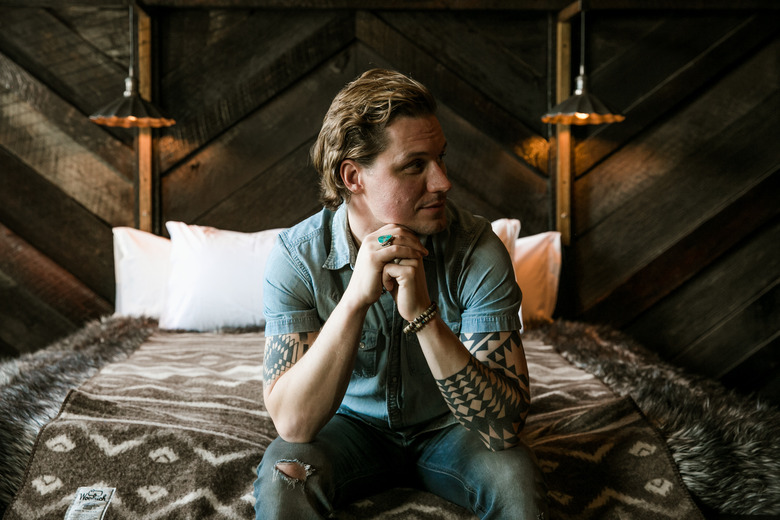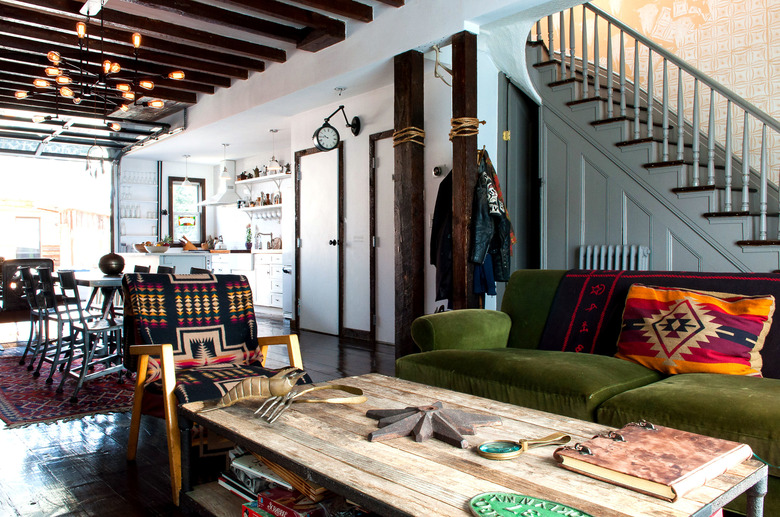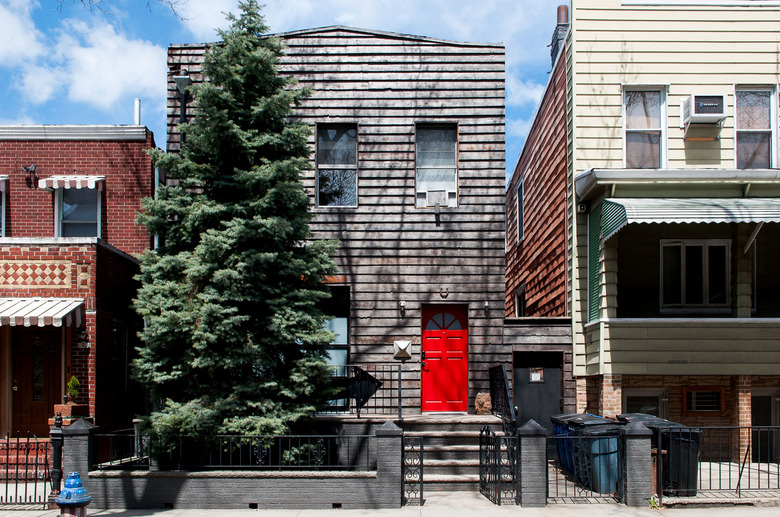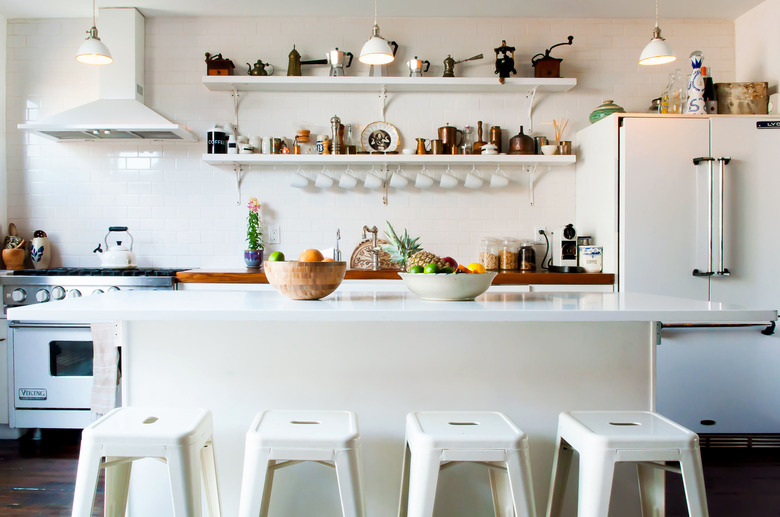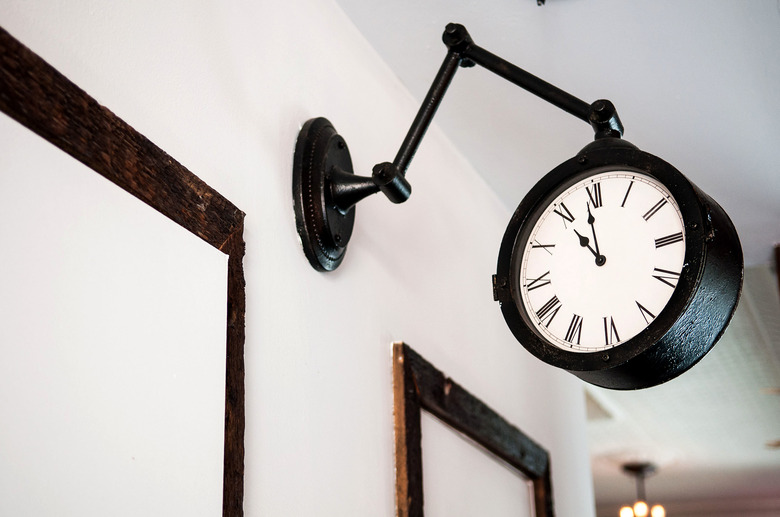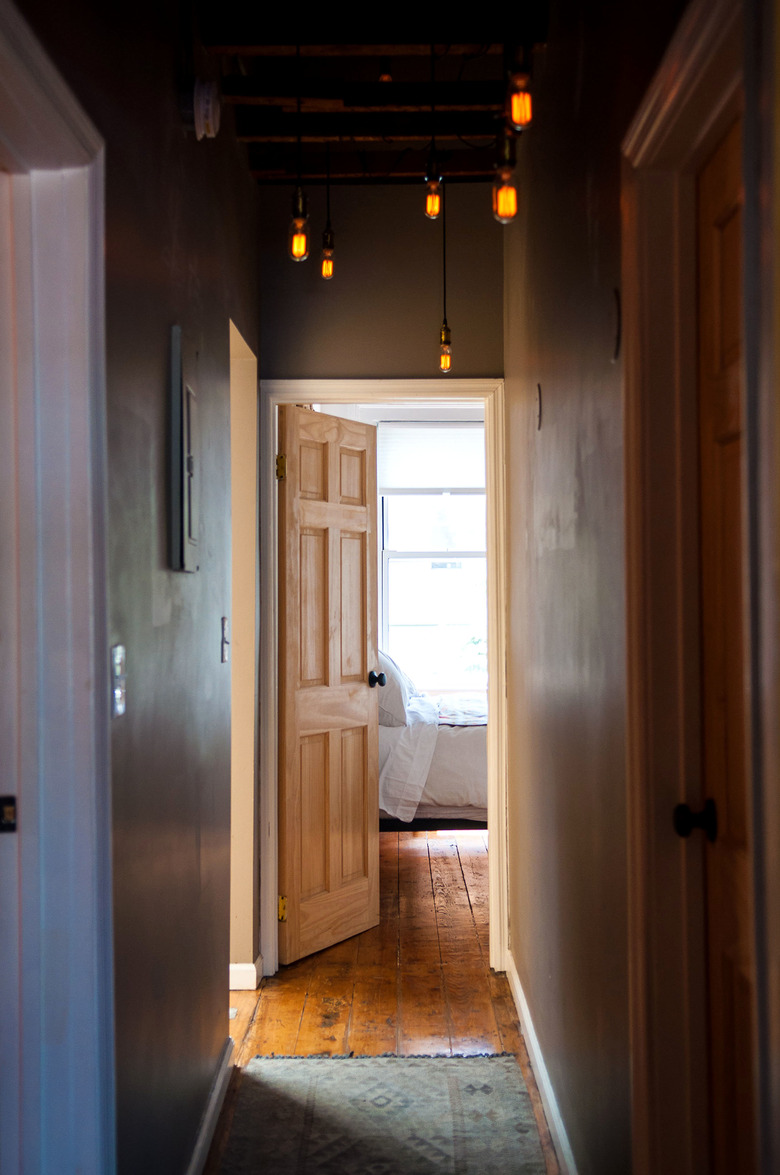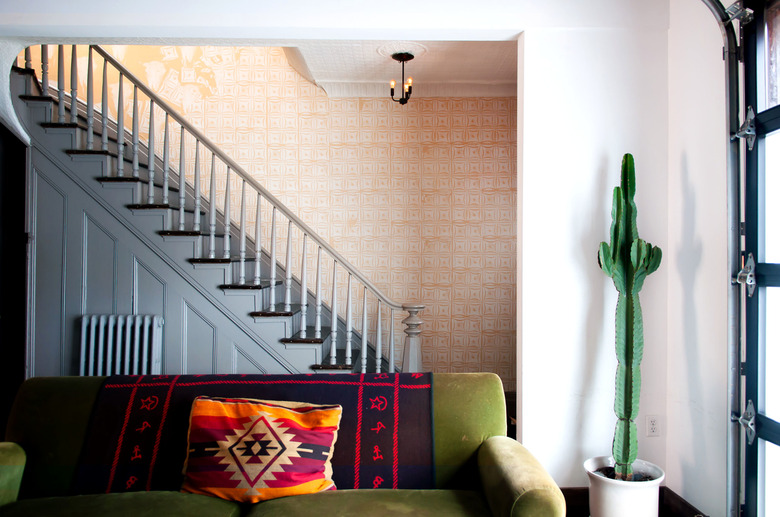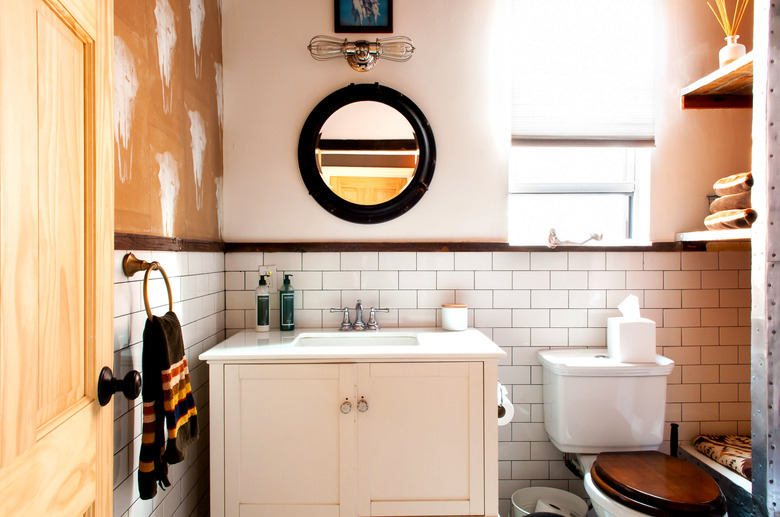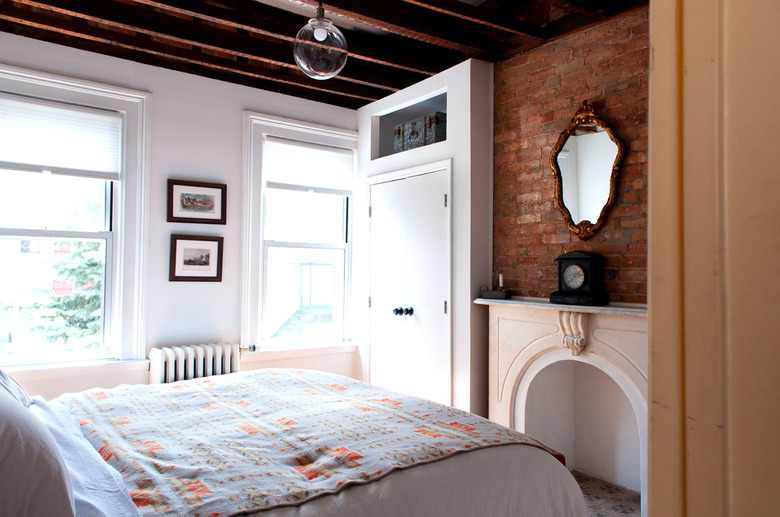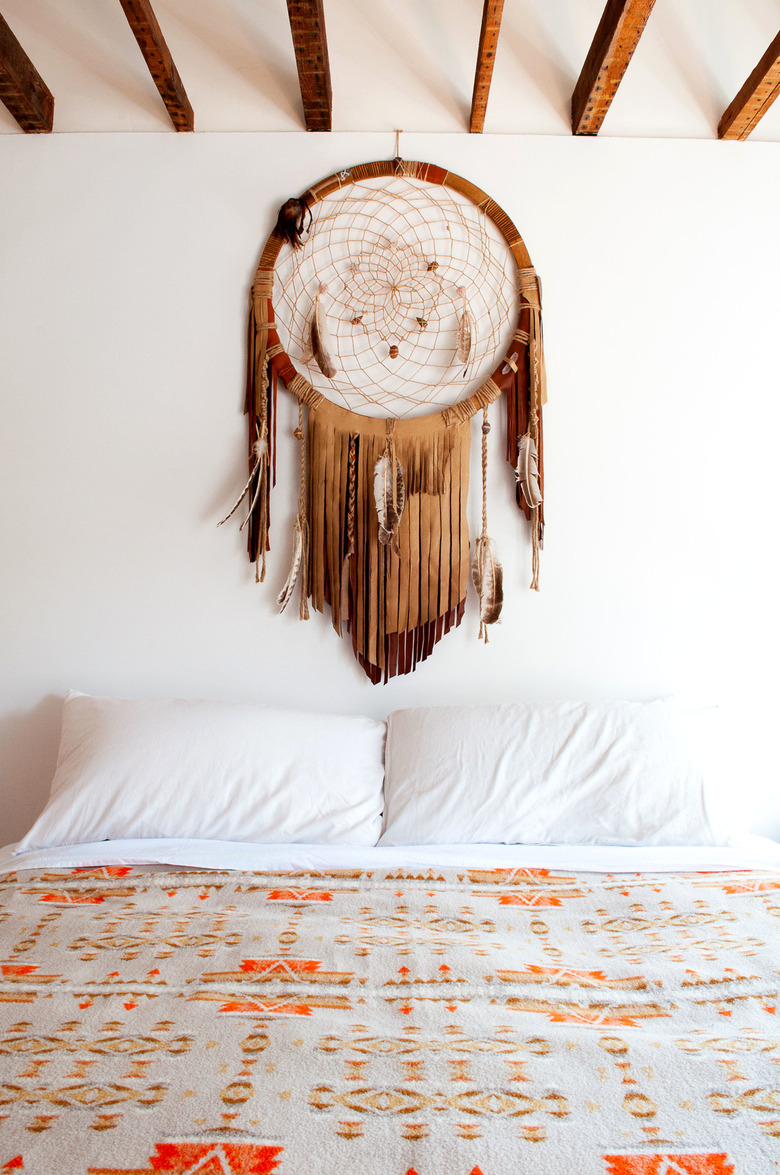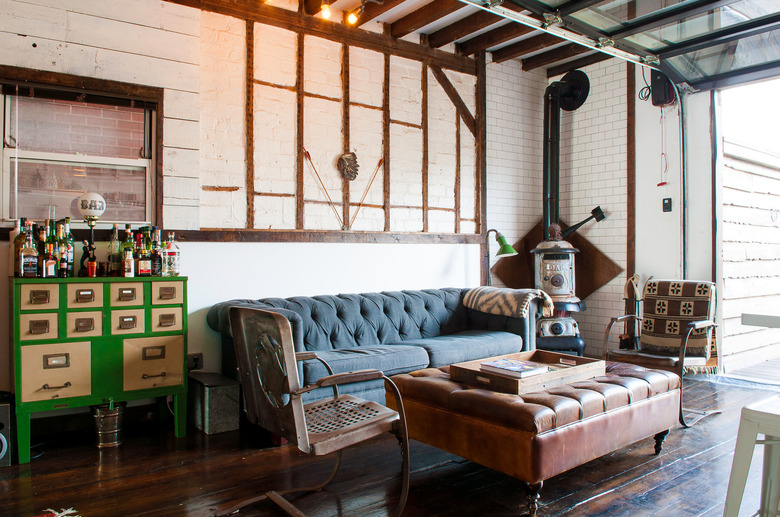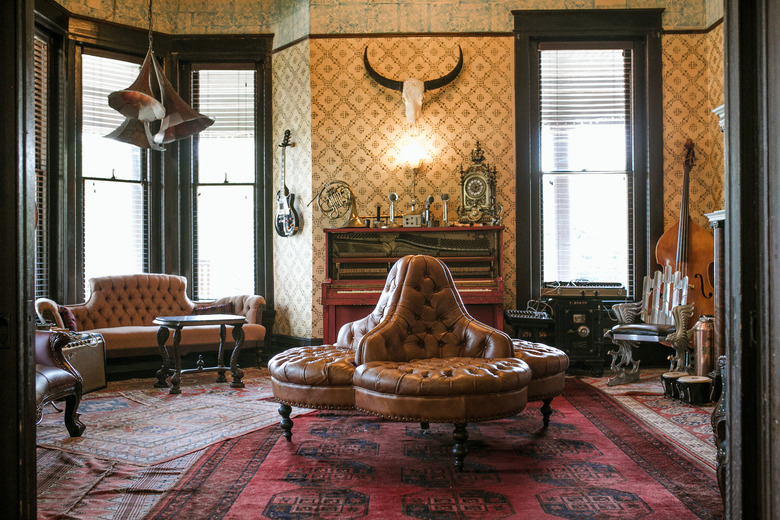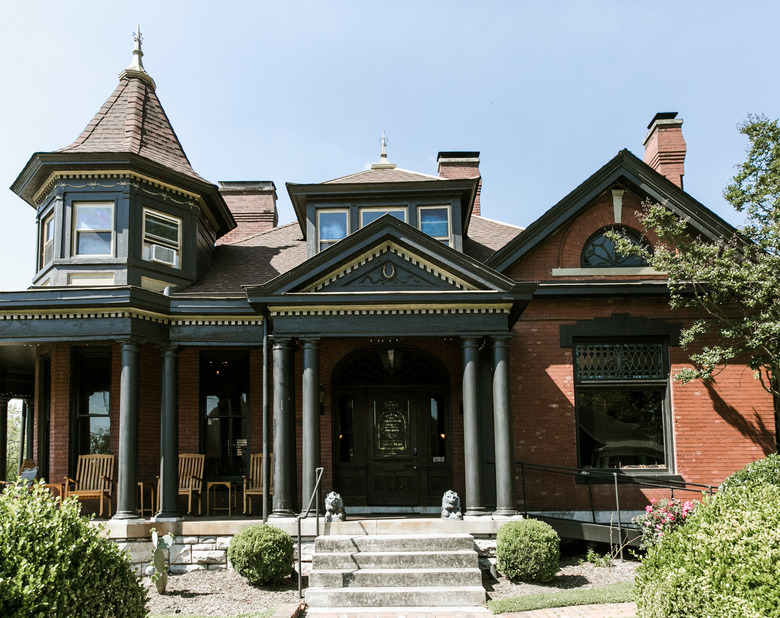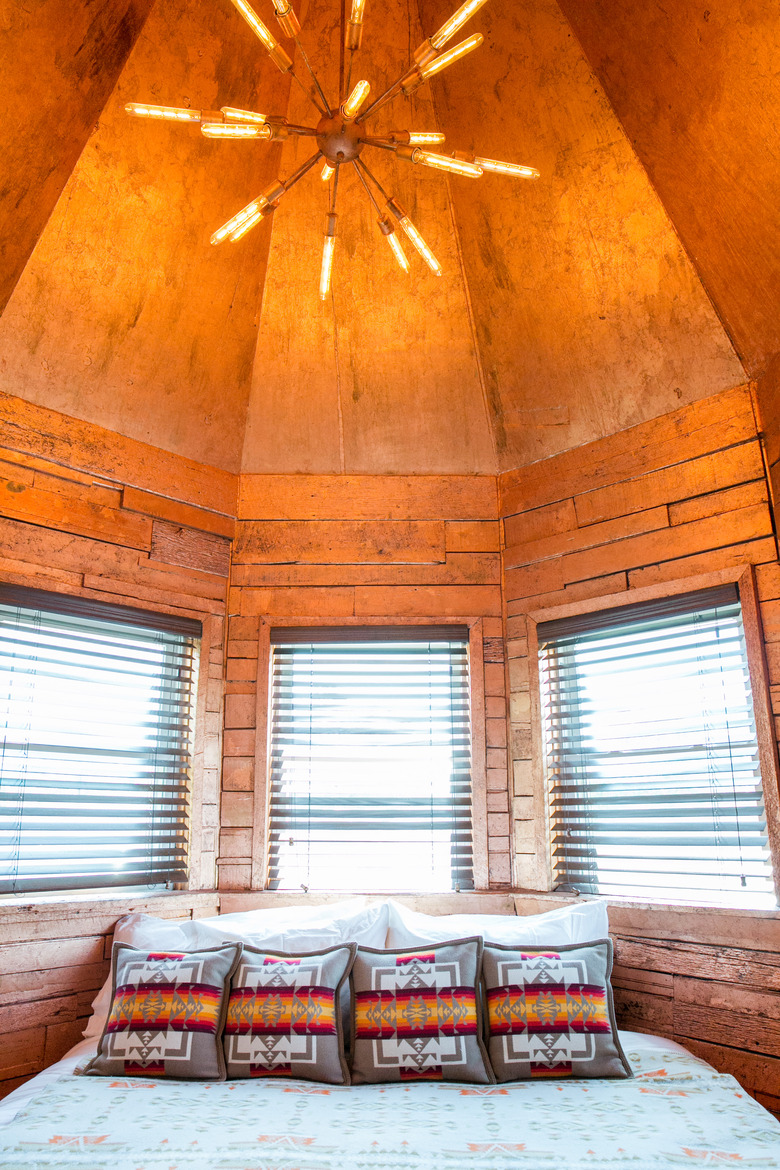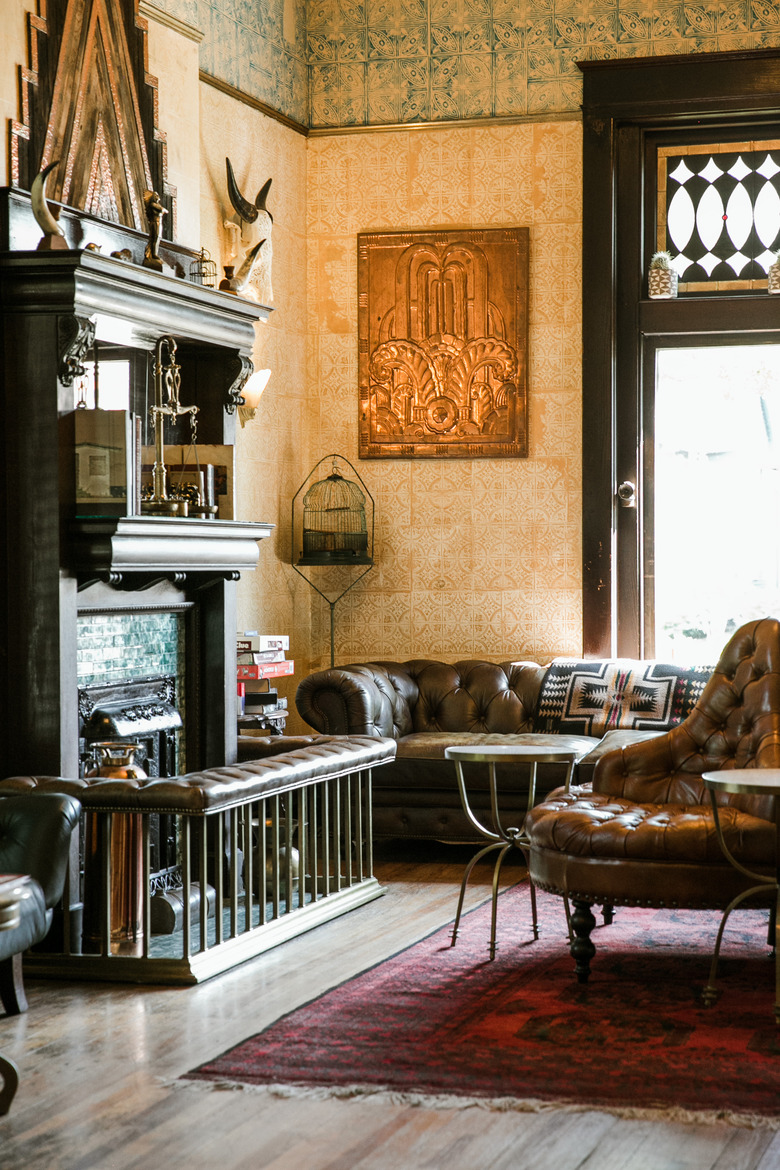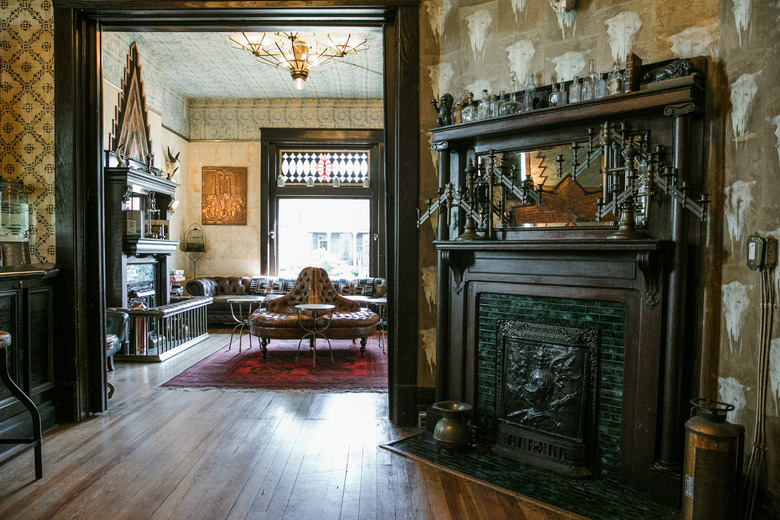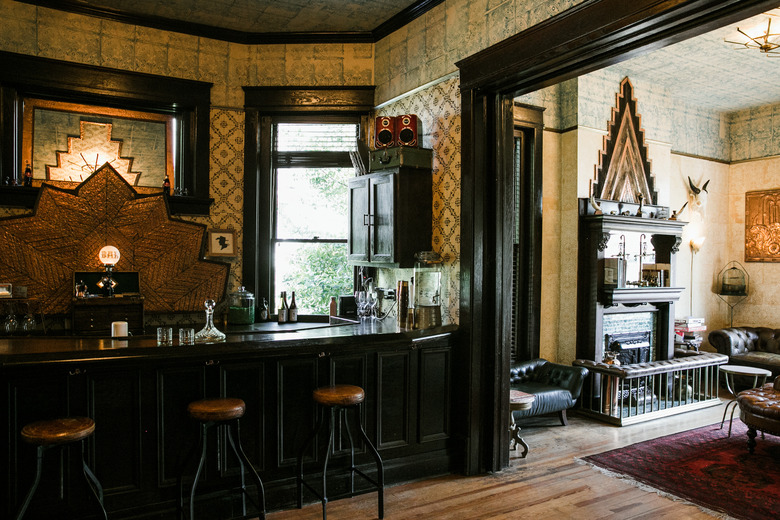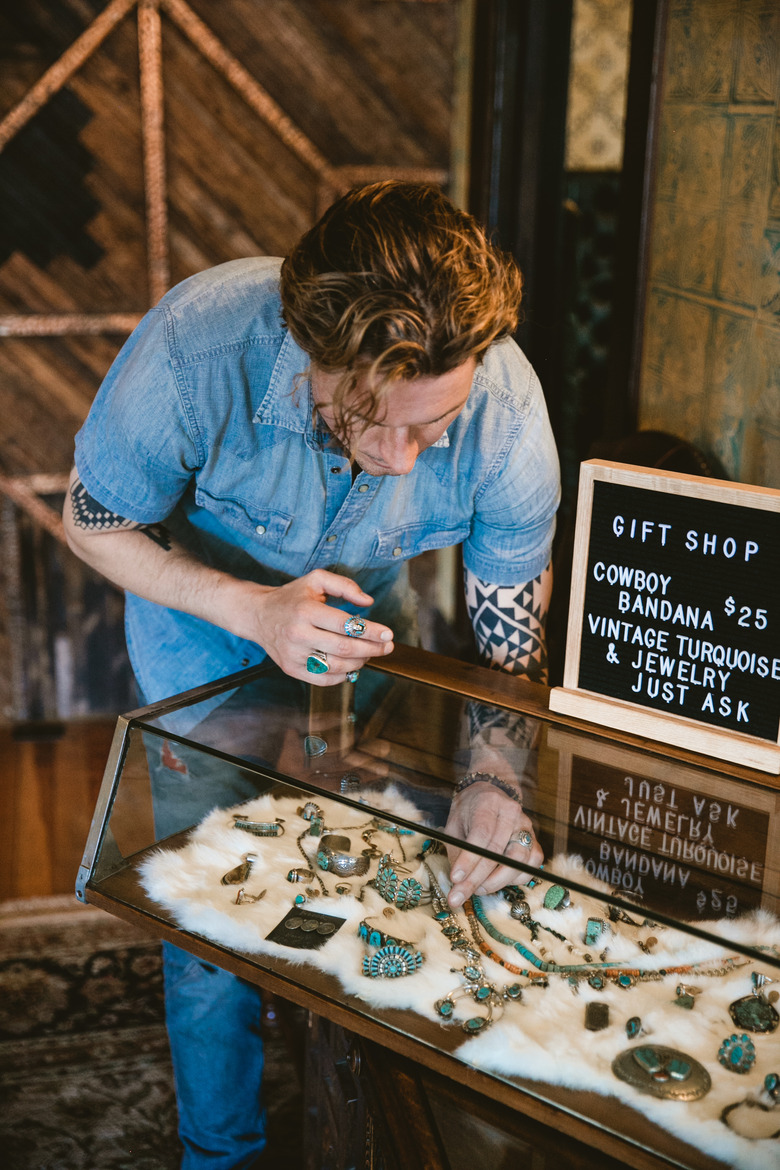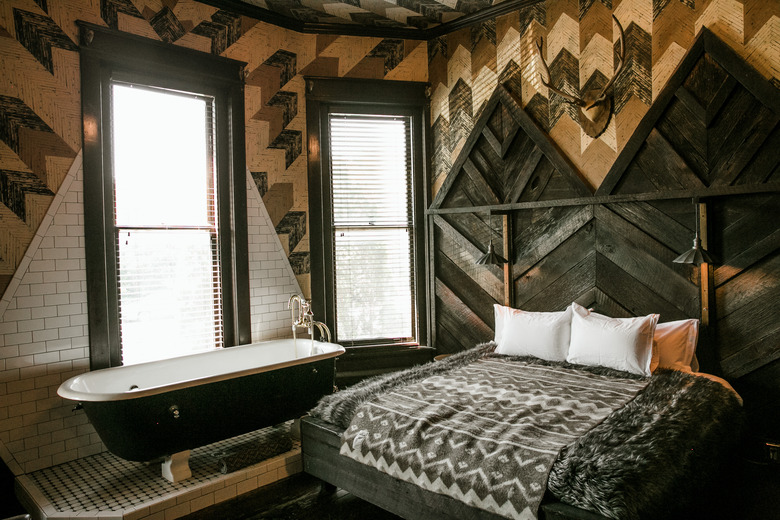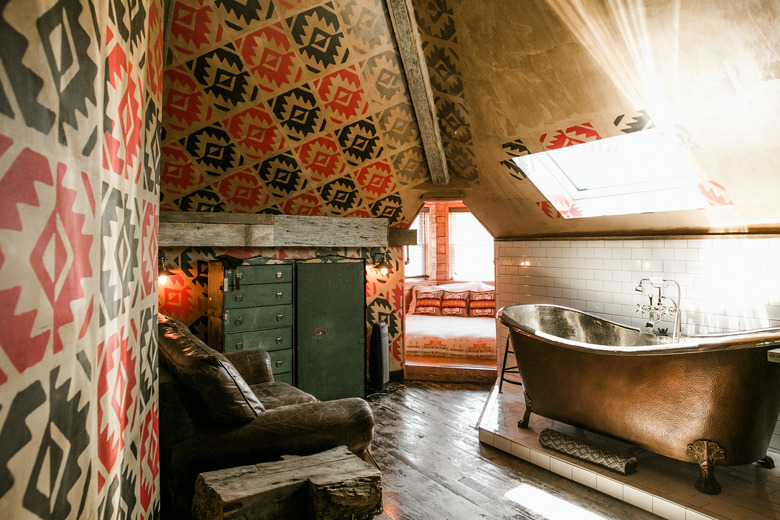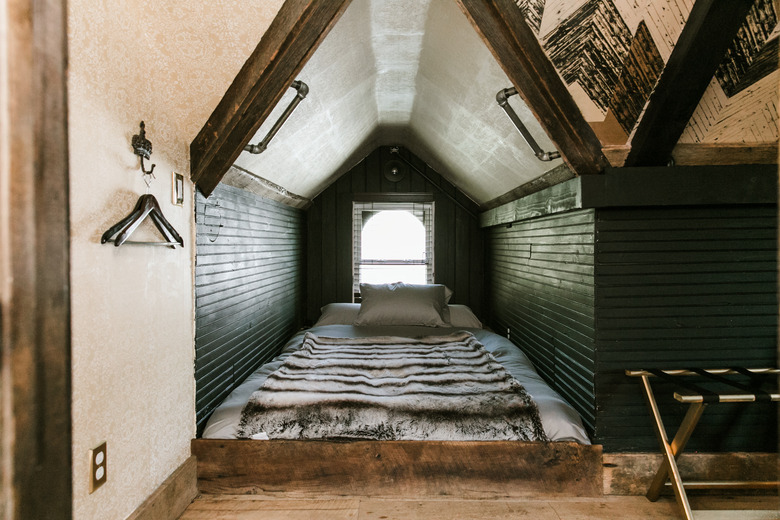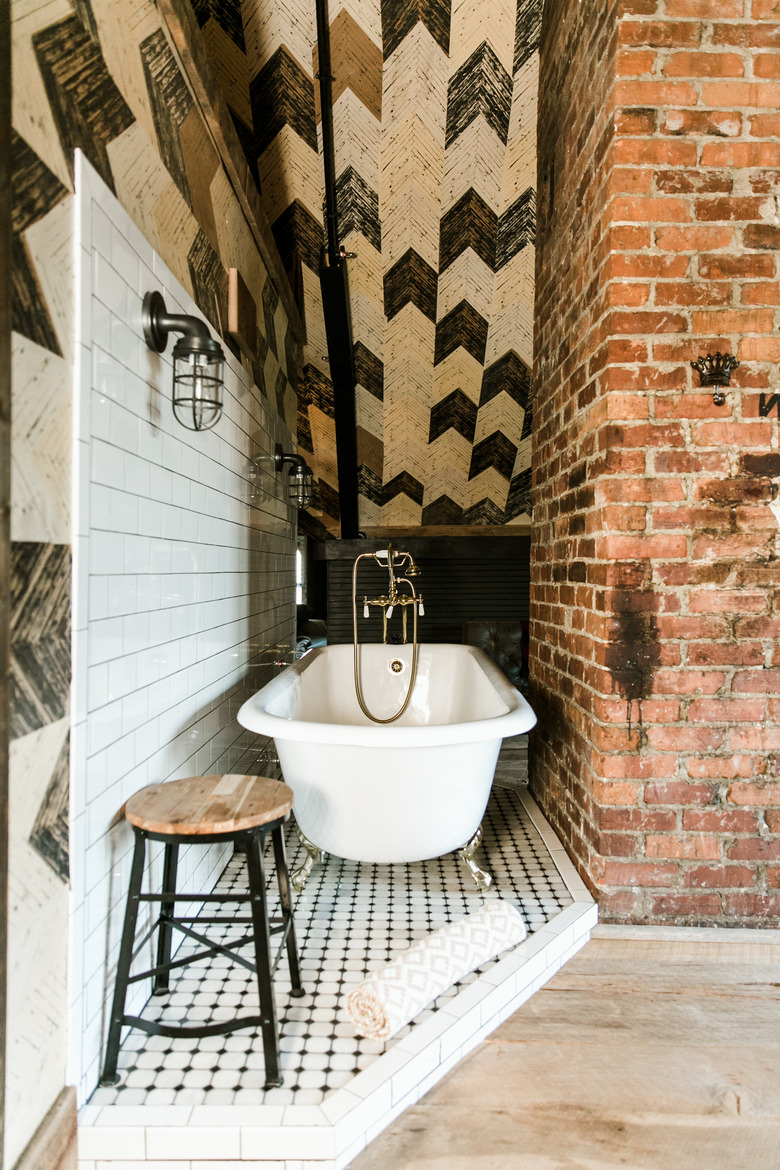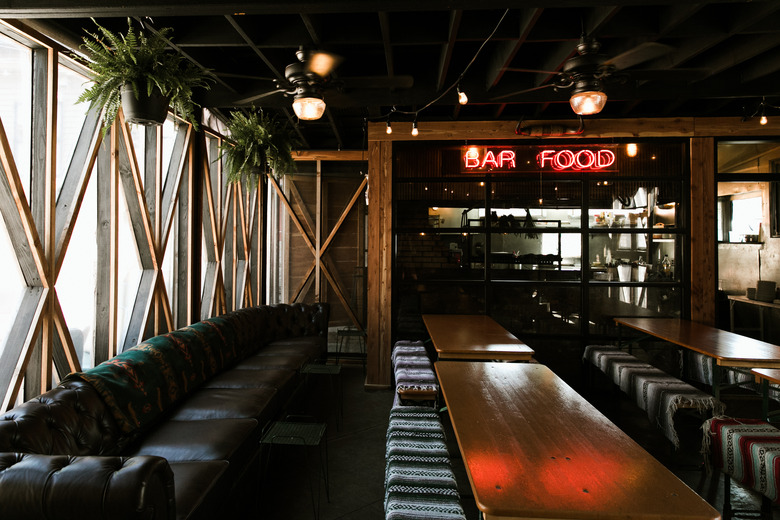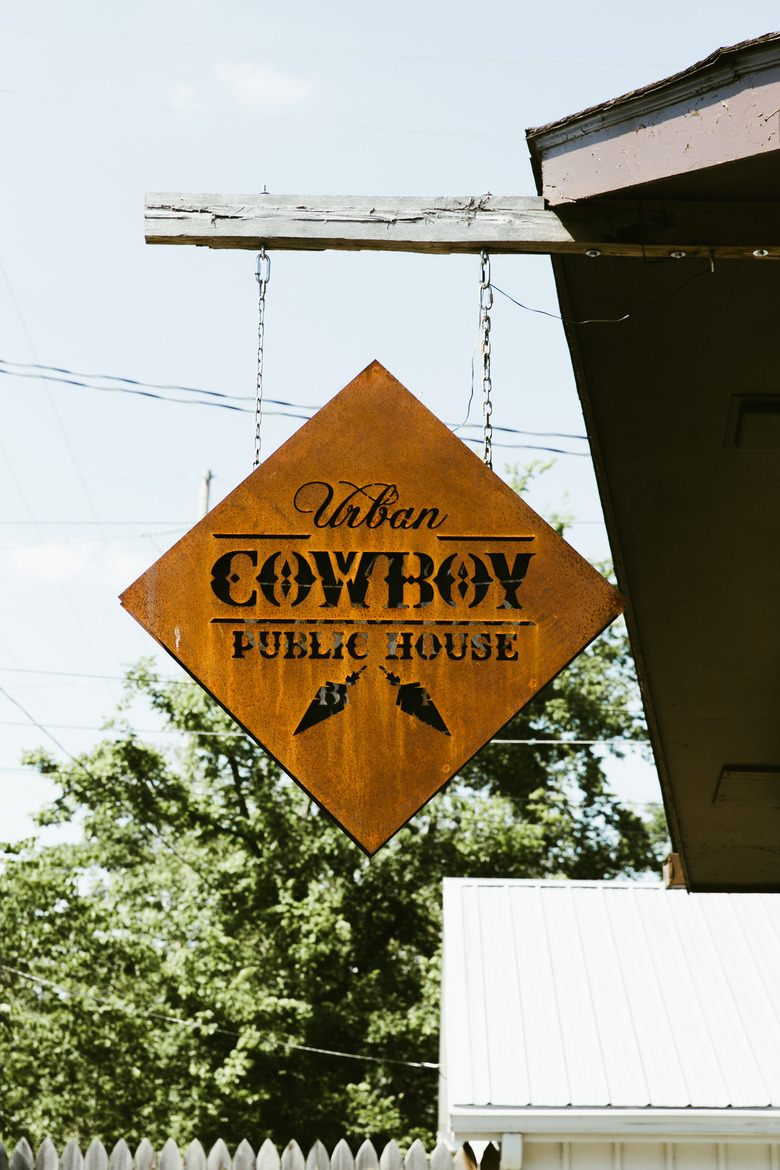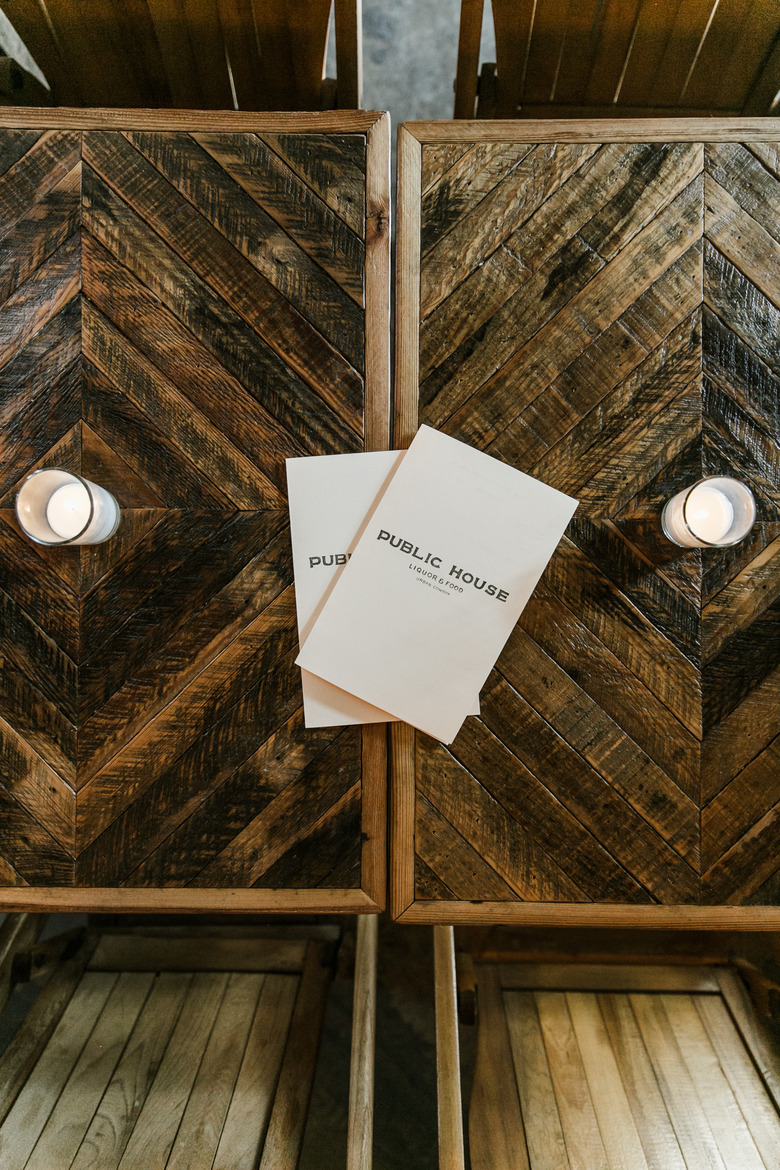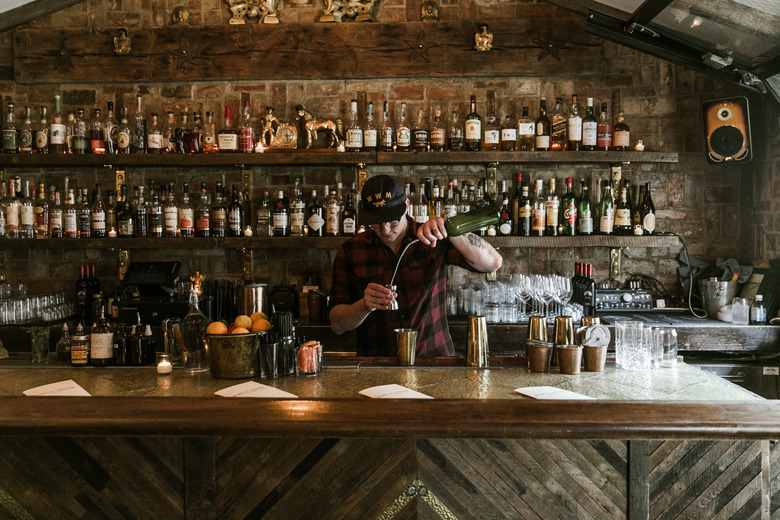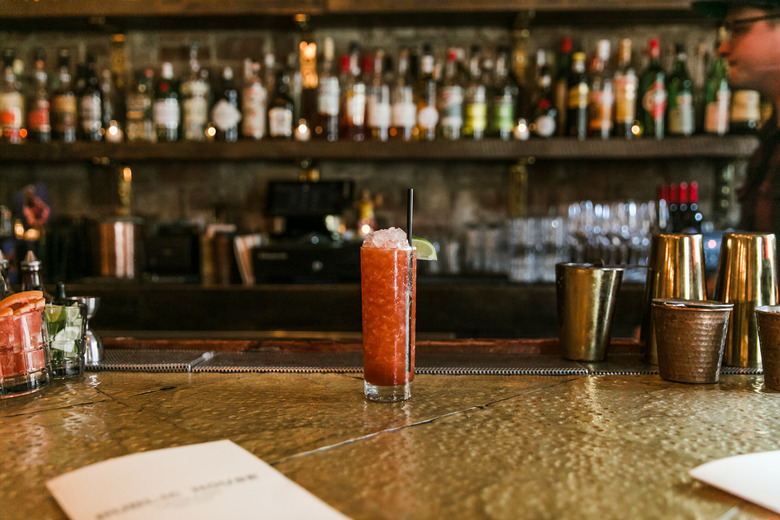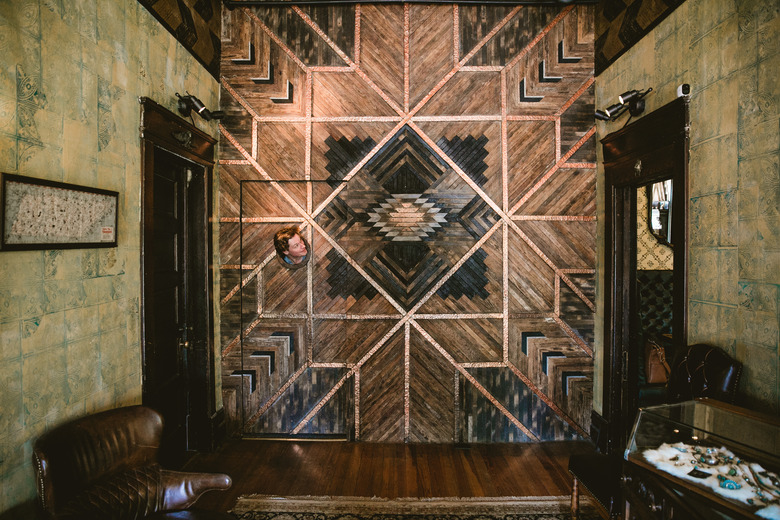The New Hometeliers: Urban Cowboy
Build the life you want. It's a simple but effective metaphor for motivating self-invention and inspiring a proactive mentality. But for Lyon Porter, owner and designer of two of the nation's hottest boutique hospitality properties, it's an adage that applies quite literally.
The properties, based in Brooklyn and Nashville and known collectively as Urban Cowboy, are darlings for travelers across the world and listed in Travel and Leisure's top 15 city hotels—no doubt due to their eclectic, sophisticated blend of southwestern, industrial, bohemian, Victorian, and Deco styles that seems tailor-made for a generation whose travel tastes have been formed by Instagram and Airbnb.
"I'm not the first person to do this, nor will I be the last," Porter says, when asked about what sets his properties apart. "But I think travelers' needs are more focused and centered around experience. We have people stay with us 35 times a year, and it's not because our rooms are magical—they're small and three have a shared bathroom. It's because it's a different hospitality experience. If you travel a lot, the last place you want to spend a lot of time is a hotel. You want a little bit of a home."
The ground floor guest living room | Urban Cowboy Brooklyn
The street view of the Williamsburg cabin | Urban Cowboy Brooklyn
Porter, who was grew up in Shaker Heights, Ohio, learned this firsthand. His early career as a professional hockey player took him to fifteen cities in ten years—and got him hooked on New York City, where he promptly returned when his sports career wound down. He soon converted his love of the city into a career as a top real estate agent in one of the most prestigious markets in the world.
What he didn't yet realize was that as he was brokering massive real estate deals, he was also developing the passion and skills that would drive his next career evolution. "I got to see all these buildings and work on them," he recalls. Collaborating directly with developers, he became an active participant in the design process. Soon, he says, "I took them from literally shells to luxury apartments. I didn't know I was a creative. I didn't know I was an artist."
And Porter was growing weary of fueling other people's dreams and businesses—and frustrated with what he perceived to be an absence of artistry. "Developers would put a sprig of reclaimed wood [in a development] and be like, 'it's rustic!'" he recalls. "And I'm like, 'no, man, it's a sheet rock, PTAC, punch unit made out of cinder block that sucks, and your one piece of reclaimed wood doesn't make it cool.'"
On the bright side, says Porter, his success made it possible to buy a house: a stand-alone townhouse in Williamsburg, Brooklyn. "I thought to myself, I don't know what the hell's gonna go on in my life"—he and his wife were divorcing at the time—"but how can I go wrong if I design [the house] for me?" So he got to work. "I gutted it to the studs, exposed all the elements, blew out the walls, and designed it. I wanted indoor-outdoor living in New York."
The front sitting room in Nashville showcases the eclectic layers Porter incorporated into the design direction | Urban Cowboy Nashville
The exterior and entrance to the Queen Anne Victorian mansion built in 1890 | Urban Cowboy Nashville
Once the dream house was built, it was a short move to being an Airbnb host.
With help from his girlfriend, Jersey Banks ("who's now my partner in crime, life partner and business partner"), who had rented out her own places in the past, they opened up the space to travelers. The response was swift and overwhelming, garnering write-ups from New York Magazine, Travel and Leisure, the New York Times almost overnight.
As for the visitors it attracted, "We'd have people from Japan staying with someone from the Upper West Side mixed with our friends, all hanging out having BBQ," Porter says. Yep, the cabin had become a hit with some of the most discerning consumers: New Yorkers themselves, who sought it out for weekend staycations in what was then newly trendy Brooklyn. Of that clientele, Porter says, "It hit this really interesting hospitality note, which is: what do you do in New York as you're getting older and you don't want to do cocaine in the bars all night?"
"I want to have these hubs of creative communities in places I want to be. The goal of this all is not the money, it's the life that I want to create. The dream was always that we wanted homes in places we wanted to be"—Lyon Porter
Indeed, the property unites the geniality and communality of a hostel with the grown-up appeal of a luxury property. Interestingly enough, Porter credits much of its success not to his years working with New York's top developers, but his experiences in hockey. "I lived in hotels when I was a hockey player. So I know what it's like to be in a city and you reach for your room key and you're like, 'I don't even know where the fuck I am.' And you want to have a conversation with someone, but you don't want to just go sit alone in a lobby bar."
With the success of their first property firmly established, Porter and Banks were soon scoping out their next locale. "[The first Cowboy] became this kind of clubhouse for our friends and artists and travelers and wanderers. And they were always saying, 'You know where you should do the next one? Nashville.'"
So six months after the first Cowboy opened, without having taken a single day off, Porter and Banks flew to Nashville. We land, we go smoke a joint and drink a beer in a dive bar in East Nashville, and we take a drive. And we found Urban Cowboy Nashville in the first hour we landed."
It was a defunct B&B in a Queen Anne Victorian mansion from 1890—and it was not for sale. But they knocked on the door and convinced the owner to give them a tour. "It was your grandmother's bed and breakfast," Porter continues. "But the 1890 Queen Anne Victorian bones were there. Fourteen-foot ceilings, five fireplaces, all the original bones. But covered in floral everything. American chestnut pocket doors. The wood's extinct, but it works. All this awesome stuff. I'm poking Jersey like, "holy shit."
Five minutes in, the owner conceded she's consider selling for the right price. From there, it wasn't long before the place was theirs.
When it came time to design it, Porter didn't want to re-tread what he'd done for the original Cowboy in Brooklyn. He approached it, he says, the way a band does a follow-up to a breakout album. "What do you do on the second album? You want to do something way crazier and off the cuff. So the Nashville Cowboy is fucking insane. It's a playhouse for adults."
As for the style, Porter calls it Southwestern Deco — "Because it's two geometric styles that have nothing to do with each other and I mixed them." Add to that the Victorian bones, and you end up with something unique. " Like, we have a bay with three different sized windows...It was really challenging."
A year after opening the hotel, Porter opened Public House, a bar and kitchen out the back of The Cowboy, with everything cooked over open wood fire, and a daily changing menu that Nashville Scene recently called the best bar food in the city.
The Public House, a bar and restaurant open to the public in Nashville | Urban Cowboy Nashville
The Cowboy was truly embraced by the Nashville, which Porter says is exactly what drives Urban Cowboy: that sense of community. And it's that that Porter believes sets them apart. "Most hotel people, the first thing they ask me is, 'What's your rev par?' Which is a real estate question, revenue per available room," he notes. "It's not 'Hello, who are you, what are you about in the world?' Most hoteliers are not designers themselves. And most of them don't own the real estate too. So there's a level of care that goes into it, and ownership, and passion."
Also unlike many other developers, when Porter says he became part of the Nashville community, he means it. Banks, who helps manage the property, moved there, as did Porter's ex-wife and their son, who goes to school just down the street from the Cowboy.
When asked what's next for Urban Cowboy, Porter's vision is both lofty and open-ended
"We want to expand the Cowboy—we want one in the mountains, we want one on the beach. But we're waiting for the right magical opportunity. So what I think makes The Cowboys special is that they're not hotels—I mean, they very much are—but they're homes away from home."
"My vision of the future is I want to go farther down the rabbit hole, to keep pushing the design, pushing the experience, elevating to a different type of hospitality that we rarely find," he continues. "I want to create experiences for people, I want to create memorable moments. I want to have these hubs of creative communities in places I want to be. The goal of this all is not the money, it's the life that I want to create."
1. Credits
Words: Elliott David
Images: Chloe Berk and Lisa Diederich
